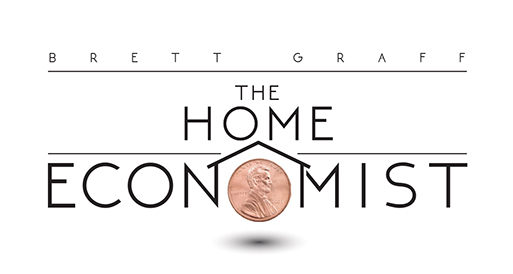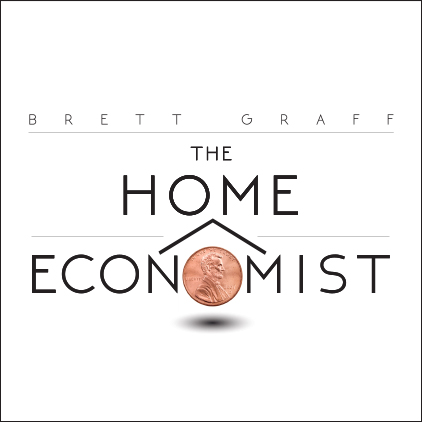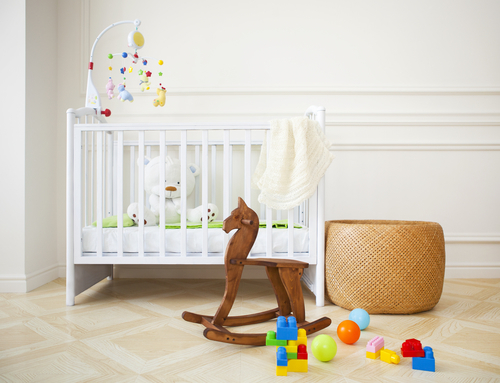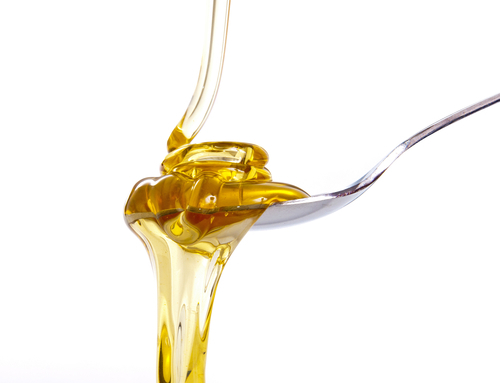These things are small enough to creep into your cart but they pack a big price punch at checkout. By The Home Economist
These every day buys could be making you go broke.
Peanut Butter
It’s not only a lunch box staple but whip out a jar, a spoon and — in our home — it’s called a quick snack. But these days, it’s also a more expensive one. The price of peanut butter has shot up 34 percent since last year. Like most food price increases, this one is thanks to a poor peanut butter crop. With fewer piles of peanuts to sell, the prices rose. Good news, it’s still just pennies per serving. Similarly, farmers are charging more than 50 percent more for peanuts, meaning we may have to change a whole accepted phrase about cheap things costing peanuts.
Celery
Farmers are having trouble with their stalks and while you should definitely take this opportunity to craft an unsavory joke, you should also realize that celery prices are so high it’s not even funny. Those farmers – with smaller crops and shorter stalks – are charging supermarkets over 80 percent more for celery and most chains are passing the price increases right along to us. The problem has something to do with “seeders,” which as far as we can tell get in the way of celery reproduction. So now prices are soaring. If you’re making soup, well, keep cooking. But if you’re cutting it up daily as a snack for the whole family think about switching to a softer-priced vegetable, such as carrots.
Thread
If you do a lot of sewing, for God sakes stop. Not only are you making the rest of us look bad, but thread prices are increasing faster than it takes us to get frustrated trying to thread a needle. Manufacturers have held prices steady for so long, the government’s inflation office tells me, that they finally had no choice but to increase prices to wholesalers and retailers or go bust. It shouldn’t affect the price of clothing and sheets, as most of that stuff is made overseas. But it will certainly make the price of doing things yourself seem more expensive.














Leave A Comment